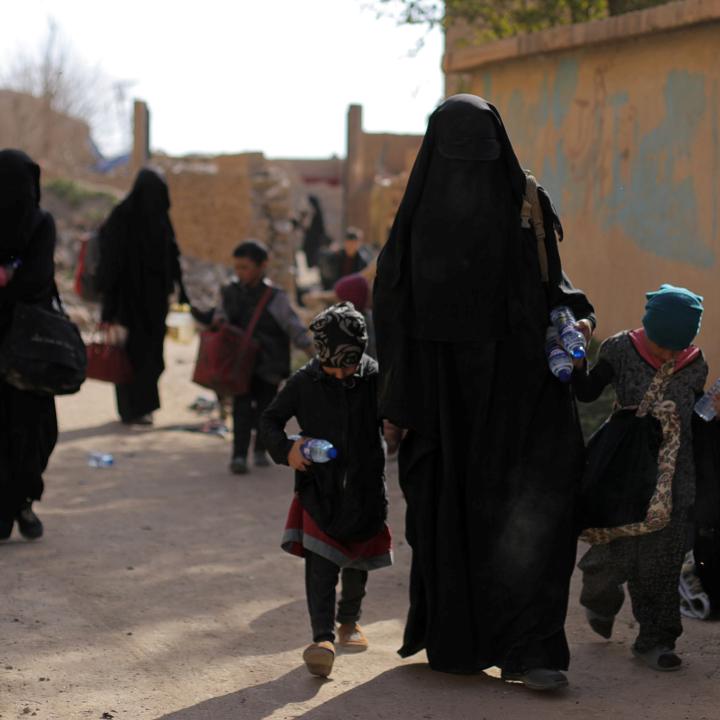
- Policy Analysis
- Articles & Op-Eds
Reintegration of Foreign Terrorist Fighter Families: A Framework of Best Practices for the U.S.
Mar 2023
Also published in National Counterterrorism Innovation, Technology, and Education Center (NCITE)





